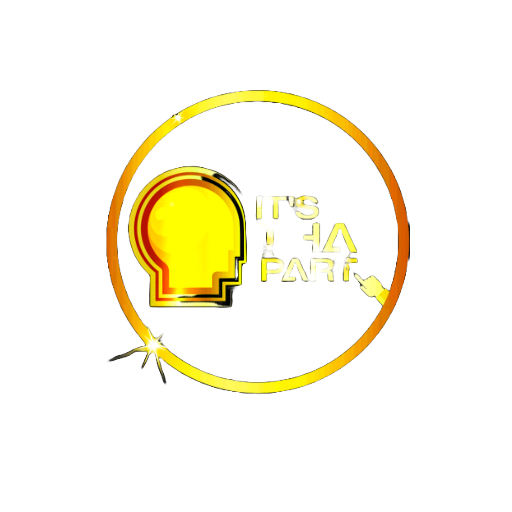
(Clockwise from top)

Justice Samuel A. Alito Jr., Martha-Ann Alito
Gift vacations tanked ethical norms. Martha-Ann Alito, the justice’s wife, flew the Stars and Stripes upside down (an insurrectionist symbol) on their flagpole.

Harlan Crow, real estate magnate
Treated “just friends” Justice Clarence Thomas and his wife, Virginia “Ginni” Thomas, to posh vacations, a $19,000 Bible, property deals and more.

Justice Clarence Thomas, Ginni Thomas
Accepted millions in gifts and hospitality from partisans. She texted support for overturning 2020’s free and fair election; he refused to recuse himself from Jan. 6 cases.

H. Wayne Huizenga, billionaire businessman (d. 2018)
Befriended Justice Clarence Thomas once he joined the court in 1991; added to Thomas’ millions in initially undisclosed travel. His industries were affected by court decisions.

Paul Singer, hedge funder
Treated Justice Samuel A. Alito Jr. to a private-jet flight for a fishing trip to Alaska (estimated value one way: $100,000). Alito disclosed it when forced; he did not recuse himself when Singer had business before the court.

Leonard Leo, Federalist Society kingpin
Steered dollars, networking and the long game to stack the Supreme Court with conservatives and turn it to the right on voting rights, affirmative action, abortion and more.

Charles Koch, Koch Network founder
With brother David (1940-2019), invested oil-business billions to sway law and U.S. policy. Big court win: overturning the “Chevron deference standard,” opening the door to the deregulation of everything.

David Sokol, ex-Berkshire Hathaway executive
Another generous friend of Justice Clarence Thomas’ whose largesse initially went largely undisclosed and whose business interests were, according to Pro Publica, “significantly impacted” by court decisions.

Chief Justice John G. Roberts Jr.
Got the justices to sign a SCOTUS code of conduct. Too bad it has no enforcement mechanism.

Paul “Tony” Novelly, oil baron (d. 2025)
And yet another munificent friend of Justice Clarence Thomas’ whose gifts were initially largely undisclosed.
(In the center)
President Trump
If he calls it “my court,” is it still a co-equal branch of government?
Steve Brodner is a contributing artist to Opinion. He blogs daily at https://stevebrodner.substack.com.
Insights
L.A. Times Insights delivers AI-generated analysis on Voices content to offer all points of view. Insights does not appear on any news articles.
Viewpoint
Perspectives
The following AI-generated content is powered by Perplexity. The Los Angeles Times editorial staff does not create or edit the content.
Ideas expressed in the piece
- The op-comic highlights concerns over Supreme Court justices accepting undisclosed luxury gifts, travel, and hospitality from politically active billionaires, creating conflicts of interest in cases involving their benefactors[1][5]. For example, Justice Clarence Thomas’s undisclosed trips and loans from Harlan Crow and Paul “Tony” Novelly, and Justice Samuel Alito’s private jet travel funded by Paul Singer are cited as ethical breaches[1][5].
- Critics argue that justices’ failure to recuse themselves from cases involving donors—such as Thomas ruling on January 6-related cases despite his wife’s involvement in the “Stop the Steal” movement—undermines public trust in the Court’s impartiality[1][5].
- The non-binding code of conduct adopted by the Court under Chief Justice John Roberts is criticized as insufficient, lacking enforcement mechanisms or requirements for justices to explain recusal decisions[5][4]. Advocates stress that without accountability, such as the SCERT Act’s proposed reforms, the Court risks becoming perceived as a political tool[2][4][5].
Different views on the topic
- Some argue that Congress lacks constitutional authority to impose ethics rules on the judiciary, citing separation of powers principles. The federal courts’ refusal to refer Justice Thomas for a DOJ investigation, for example, reflects this stance[3][4].
- Defenders of the Court’s autonomy contend that existing financial disclosure laws and internal norms are adequate, and that public scrutiny alone ensures accountability. They warn that congressional intervention could politicize the judiciary[3][5].
- Certain justices and legal scholars oppose binding ethics codes, arguing they infringe on judicial independence. The Court’s self-published code of conduct, though non-binding, is framed by supporters as a sufficient step toward transparency without overreach[5][2].






























